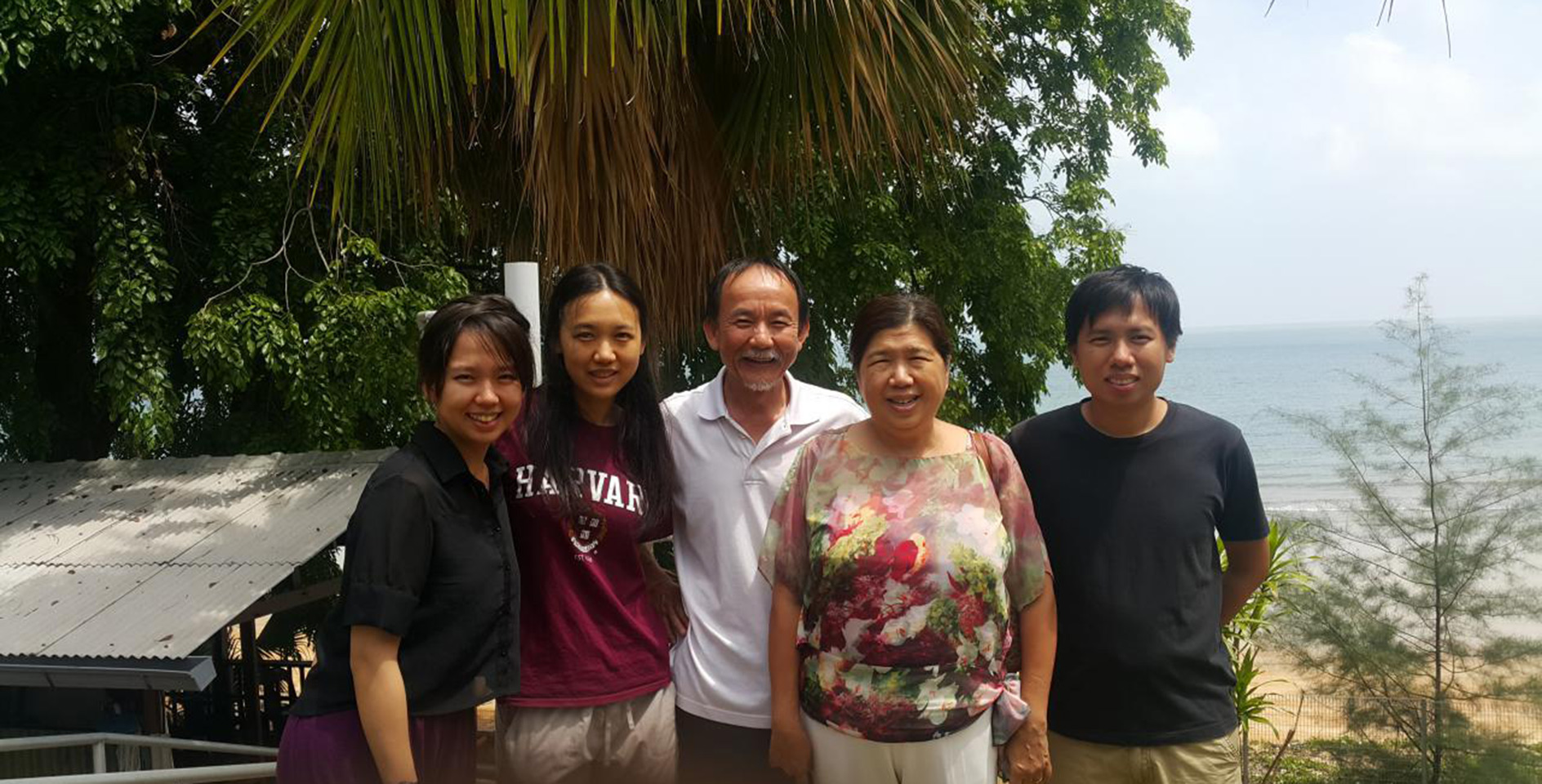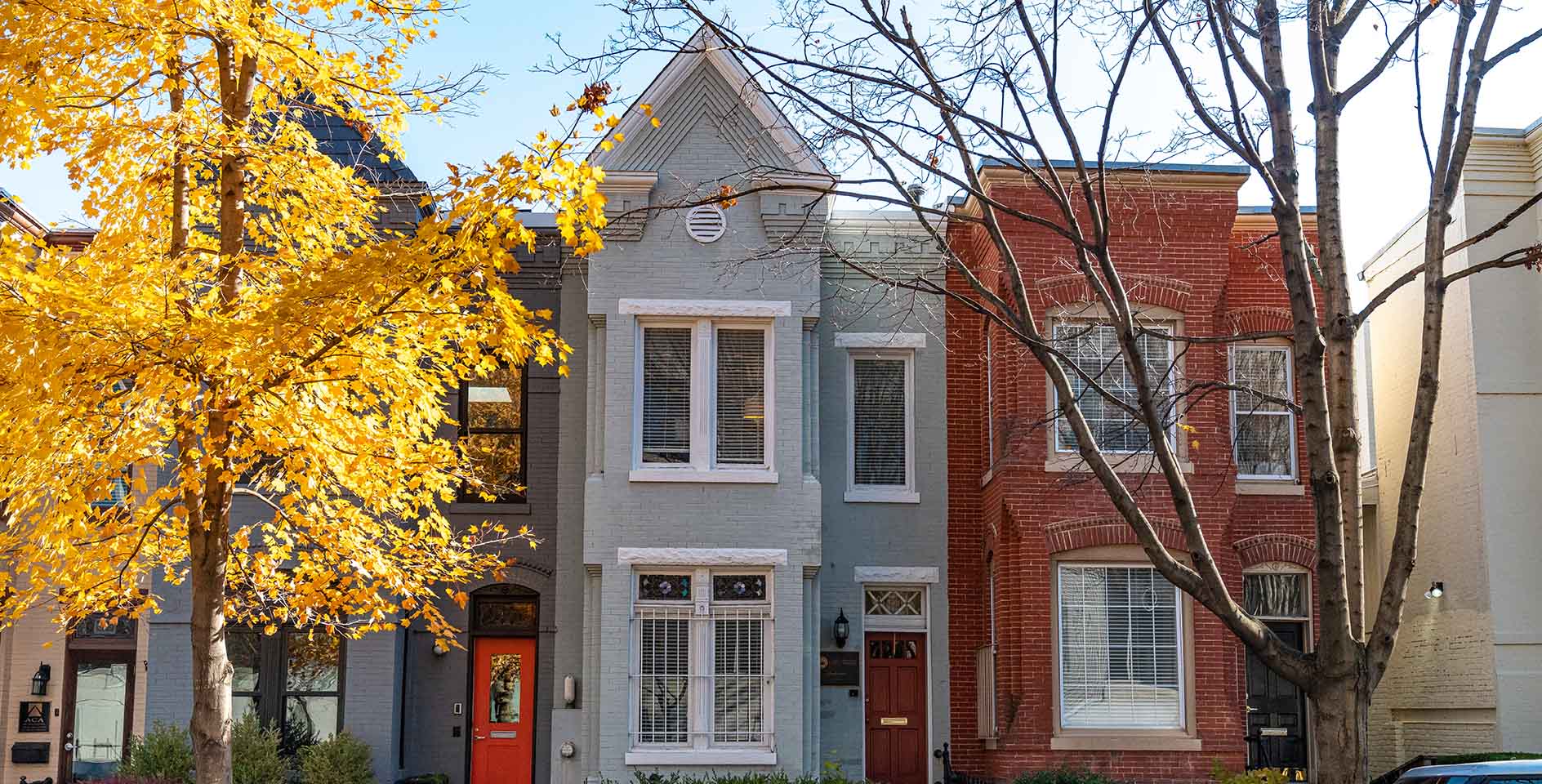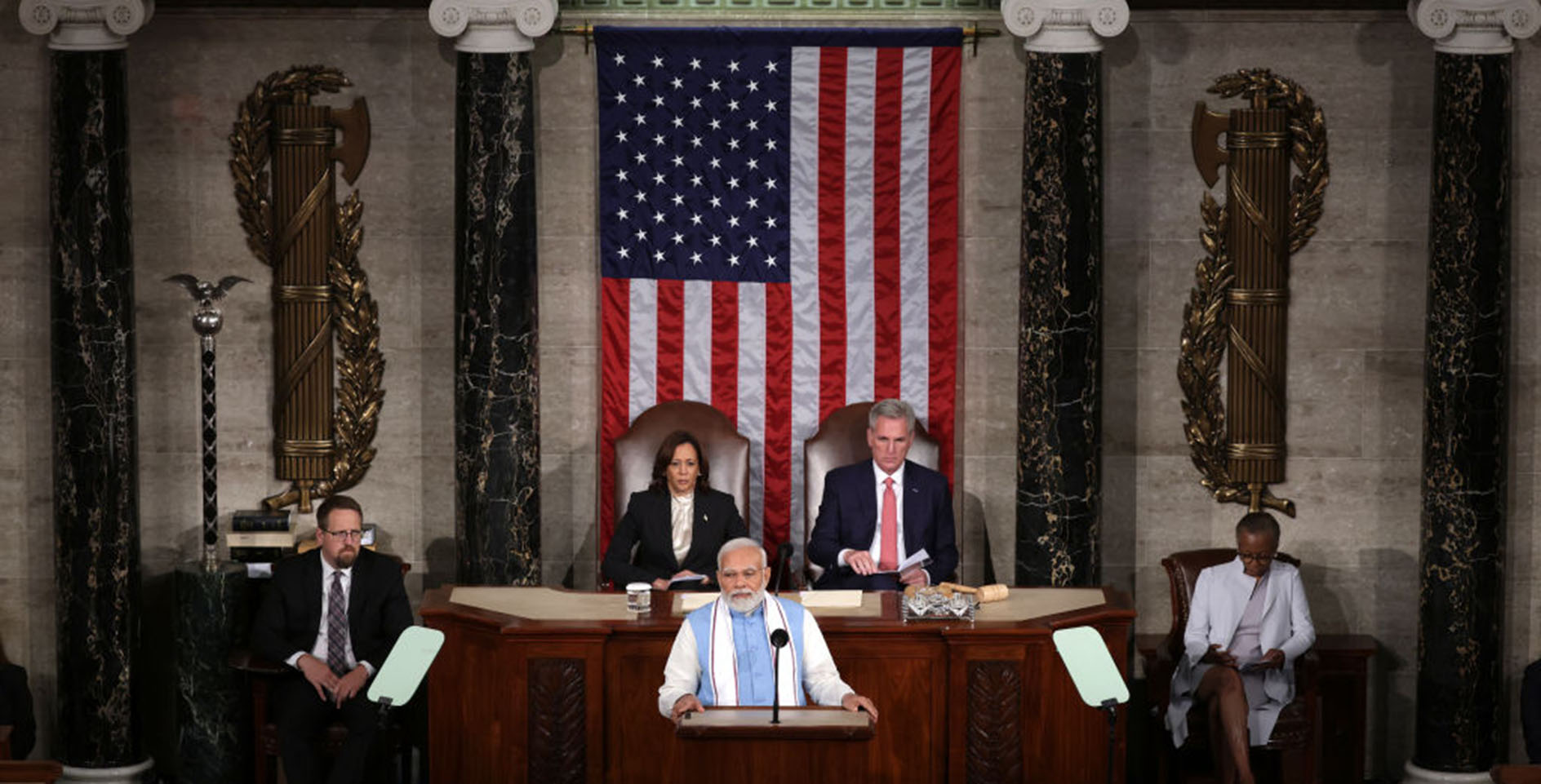In a moment, the lives of the Koh family changed forever. On February 13, 2017, Pastor Raymond Koh was abducted in the Malaysian capital, Kuala Lumpur, by “the Special Branch,” an intelligence unit affiliated with the Malaysian police force. Koh’s supposed crime was proselytizing Muslims, which, though not illegal in Malaysia’s federal law, is illegal in state laws of 10 of 13 states. In addition to the anti-proselytizing laws, apostasy laws also exist, making “conversion from Islam illegal in all but one state.” According to Baptist Press, “Malaysia’s National Human Rights Commission announced April 3 that circumstantial and direct evidence suggest Koh and Shiite Muslim activist Amri Che Mat both fell prey to ‘enforced disappearance by state agents’ from the national police special branch over matters against Islam.” To this day, Koh’s family has not heard anything from or about Raymond’s status.
Pastor Raymond served an Evangelical Free Church in Malaysia for 20 years before founding Harapan Komuniti (Hope Community) in Malaysia in 2004, a community-based outreach to the poor and oppressed in Kuala Lumpur. Pastor Raymond cared for drug addicts, single mothers, and anyone else in need in his community. Tragically, he was no stranger to persecution and threats. At one point, he had previously received a box of bullets in the mail, warning him to stop his ministry work. Pastor Raymond, however, remained steadfast in his work until his abduction.
What Christians should know and do in light of Pastor Raymond Koh’s imprisonment
Prayer is participation
When he was imprisoned in Rome, the apostle Paul believed that the prayers raised by the church in Philippi were a form of participation in his ministry (Philippians 1:19-26). In like manner, when Christians around the world pray for Pastor Raymond and his family as they sort through the new details regarding his disappearance, we are participating in the advancement of the gospel. We should remember our brothers and sisters around the world that are in chains because of their faithfulness to Christ. By doing so, we are entering into the fellowship of the gospel alongside them.
Freedom to proselytize is fundamental to religious liberty
A second point that is important to note is that religious liberty must not be allowed to be restricted to only private and personal expressions of religious devotion. A government that forbids evangelism/proselytization, even if it “enshrines religious freedom in its constitution,” is still an enemy of religious liberty. In the case of Malaysia, while their federal government gives a nod to religious liberty, allowing states to forbid proselytization violates the freedom of conscience that sincere religious devotion demands. If the dominate religion in a state cannot hold up to the scrutiny of other religious claims in a free public square, then adherents of that particular religion ought to second-guess its supposed divine origins.
The Gospel is more powerful than government policies
Finally, while Malaysia has strict state laws regarding conversion and proselytization, Christian mission organizations like the Joshua Project continue to report slow but steady growth of the evangelical church. Such reports should encourage us to see that “the Word of God is not bound” even when its servants are (2 Timothy 2:9). This means that while it is right, good, and just to fight for religious liberty on a local and global scale because of our understanding of God’s Word, we also must not assume that state-sanctioned liberty is a prerequisite to obedience or fruitfulness in the work of the Great Commission. The gospel of Christ will always be more powerful than anti-Christ policies espoused by governing authorities. As Christ Himself would tell us, “In the world you will have tribulation. But take heart; I have overcome the world” (John 16:33).
For those who are interested in learning more about religious liberty in Malaysia, be sure to check out the other resources the ERLC has prepared to promote awareness and advocacy. You can find them here.










